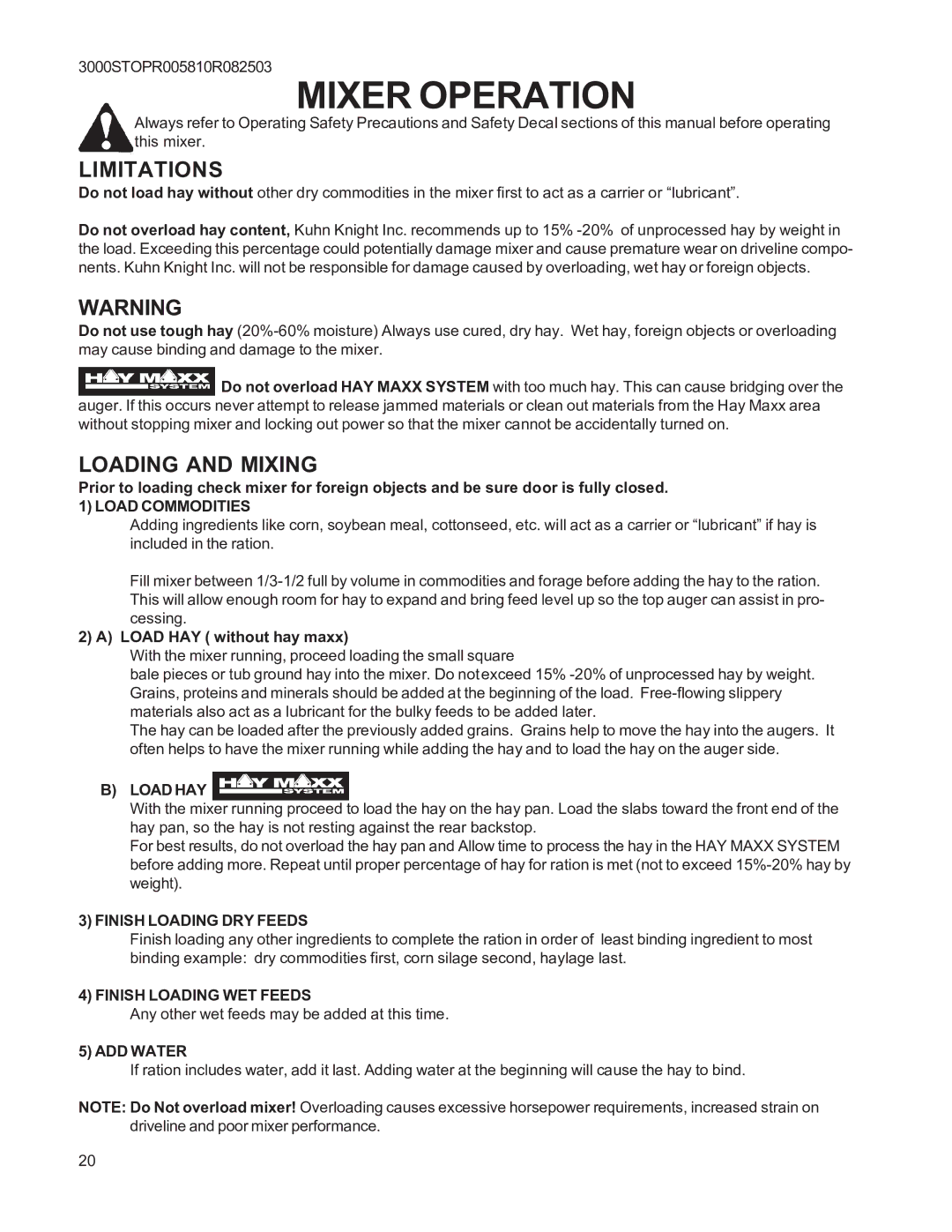3030, 3050, 3042, 3020, 3070 specifications
Kuhn Rikon is a renowned Swiss brand that specializes in high-quality kitchen tools and gadgets, famous for their innovative designs and user-friendly functionality. Among their popular products are the Kuhn Rikon 3095, 3036, 3025, 3015, and 3060 models, each offering a unique set of features suited for various culinary tasks.The Kuhn Rikon 3095 is particularly admired for its versatility. This model features a robust stainless steel construction that ensures durability and resistance to rust. The ergonomic handle is designed for comfort, allowing for an efficient grip during use. One of its standout features is the innovative locking mechanism that securely holds the item in place, providing added safety while working in the kitchen.
Moving on to the Kuhn Rikon 3036, this model introduces the idea of multi-functionality with its three-in-one design, which includes a knife sharpener, slice opener, and a bottle opener, making it a must-have tool in any kitchen. The blade is made from high-quality stainless steel, ensuring long-lasting sharpness and easy maintenance. Additionally, the 3036 is lightweight and easy to store, which makes it perfect for those with limited kitchen space.
The Kuhn Rikon 3025 offers precision cutting with its specially designed blade that guarantees minimal effort for maximum results. This model is equipped with a safety guard that protects the user’s fingers, making it ideal for both novice cooks and seasoned chefs. The design incorporates a non-slip grip, adding stability while performing intricate tasks such as slicing or dicing.
For those who prioritize ease of use, the Kuhn Rikon 3015 is an excellent choice. Its easy-to-clean design is dishwasher safe, making it convenient for busy individuals. The blade is engineered to provide a smooth cutting experience, capitalizing on the brand's focus on user-friendliness. It also features an integrated safety locking system to prevent accidental use, enhancing its user-friendly aspects.
Lastly, the Kuhn Rikon 3060 stands out with its vibrant and playful design, making it an attractive addition to any kitchen. This model is crafted with high-grade materials that not only ensure longevity but also contribute to its striking appearance. With a focus on enhancing culinary creativity, the 3060 promotes effortless food preparation.
In conclusion, Kuhn Rikon’s models 3095, 3036, 3025, 3015, and 3060 each embody the brand's commitment to innovation, usability, and quality. Their unique features and technologies cater to a wide range of culinary tasks, making them essential tools for any cooking enthusiast.

